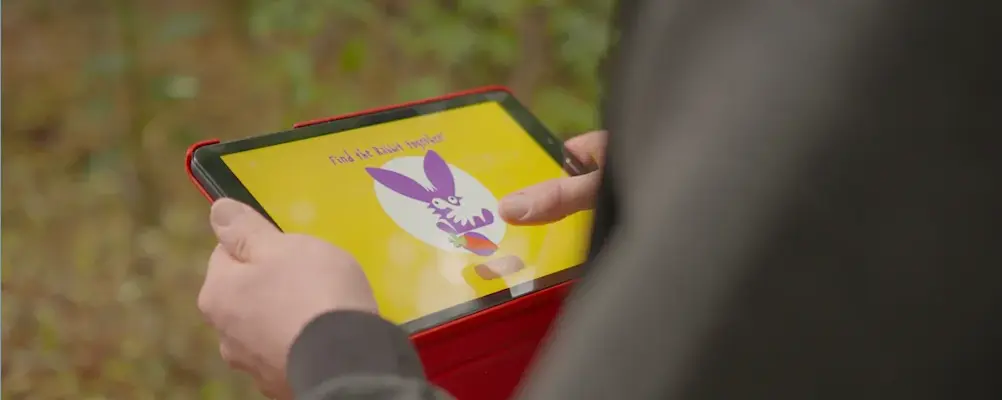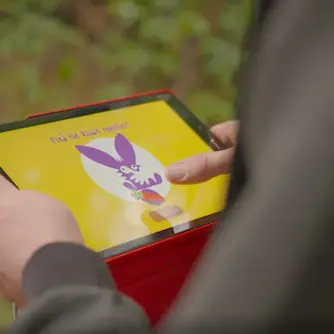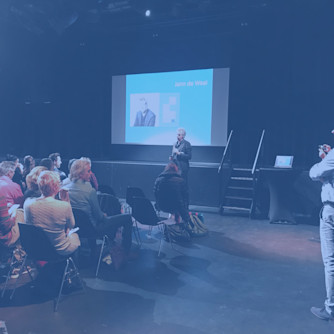Case
Field Lab Social Cohesion
Want to join Fieldlab Social Cohesion? Check out this page.
11 July 2019
Why this program?
The degree of social cohesion in a society is a determining factor for the degree to which innovation and change are embraced. Because the more you participate in society, the better you understand what developments in society do to you. That raises several questions: how can we use social cohesion for change and innovation? And the other way around: how can we use change and (technological) innovation to improve or repair social cohesion? And what role can the creative industry play? The Fieldlab Social Cohesion looks for the answers to these questions.
What is the fieldlab all about?
Design agencies, high-tech companies and research and educational institutions work closely together in this fieldlab to find solutions that can immediately be tested in practice. In short term research projects, they look at the function and use of social cohesion in transitions and at the role that new technology such as Virtual Reality (VR) and Augmented Reality (AR) can play. It's about accumulating new knowledge that can be used for the development of products and services as part of realizing complex transitions. An example of a project from the fieldlab is Brainport Connect. Irina Bianca Serban of the Technical University Eindhoven (TU/e) is researching how you can use gaming to bring different groups of people in contact with each other at a cultural event. Visitors tell each other a little more about themselves through the game. The result is that people are more open to each other and are more likely to have a conversation about each other’s background. The Fieldlab Social Cohesion is located in the pop podium de Effenaar in Eindhoven; a place where social cohesion is naturally high, because regardless of background, all visitors are there for that one concert, which leads to fraternization.
You can see that small-scale short-term research already has tons of impact. Lots of companies and researchers have lots of ideas but don't have the opportunity to use them. Our fieldlab creates those opportunities and helps them on their way
What is the contribution of and to the creative industry?
Creative professionals are mostly involved in the conceptual part of the research projects. They think about the design and possible new applications. Researchers of the Transformative & Inclusive Practices cluster at the TU/e also study the effects of the research projects on structural changes in society. The results are shared with the participants during fieldlab meetings.
Jos Feijen, director of the Effenaar and initiator and person responsible for the fieldlab, is excited about the effectiveness of the fieldlab as a creative method: “You can see that small-scale short-term research already has tons of impact. Lots of companies and researchers have lots of ideas but don't have the opportunity to use them. Our fieldlab creates those opportunities and helps them on their way."
So what's next?
The fieldlab follows the participants in the development of their project. "This is recorded in a short film. All participants also write a paper about the lessons learned during the project. These results are posted on the fieldlab's channels. The fieldlab, its participants and the developed knowledge are also visible during two large events: The Dutch Technology Week and the Dutch Design Week. Because people are very excited about the fieldlab and because interest in insights about social cohesion is significant, we are looking at possibilities to extend."




